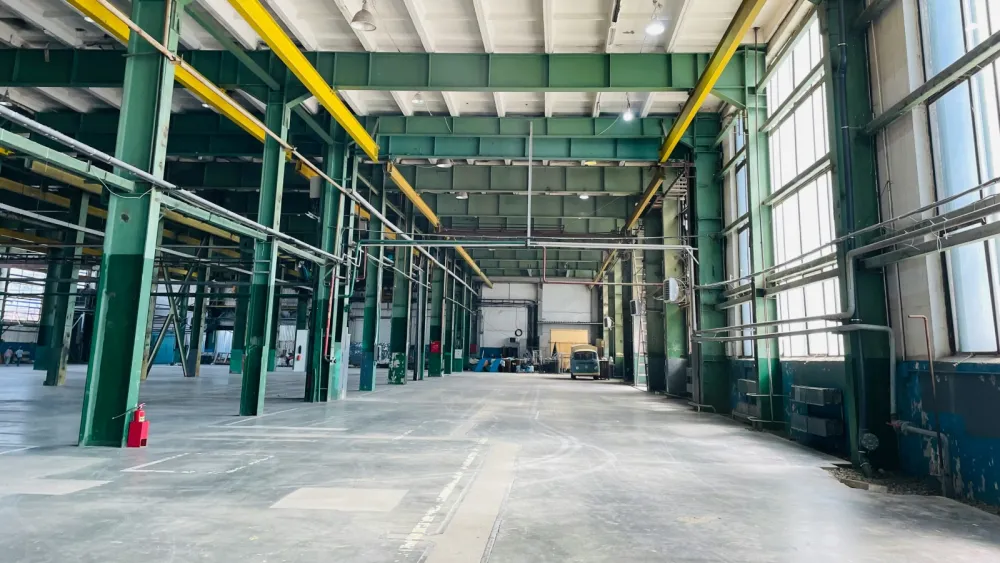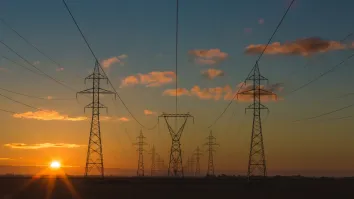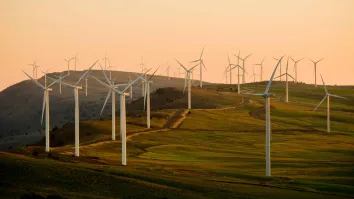
Renova delays 75-MW biomass plant launch to 2025
This is expected to affect revenue.
Japan’s Renova Inc. has announced that the launch of the Omaezakikou Biomass Power Plant has been rescheduled to March 2025 from October 2024 due to additional time needed for final adjustments to the boiler and turbine facilities to ensure stable operation.
The plant is owned by Omaezakikou Biomass Energy G.K., an equity method affiliate of Renova.
In a statement, Renova said it has rescheduled the feed-in-tariff (FIT) period of the 75-megawatt project. It has also received liquidated damages from the EPC for a certain period of time due to the change in the commencement of commercial operation based on the contract.
Due to this change, Renova expects the revenue of Omaezakikou G.K. for the current fiscal year ending 31 March 2025 to decrease by approximately $34.95m (JPY5b). However, the impact on operating income and profits below operating income are expected to be limited.
$1 = JPY143.25


















 Advertise
Advertise







